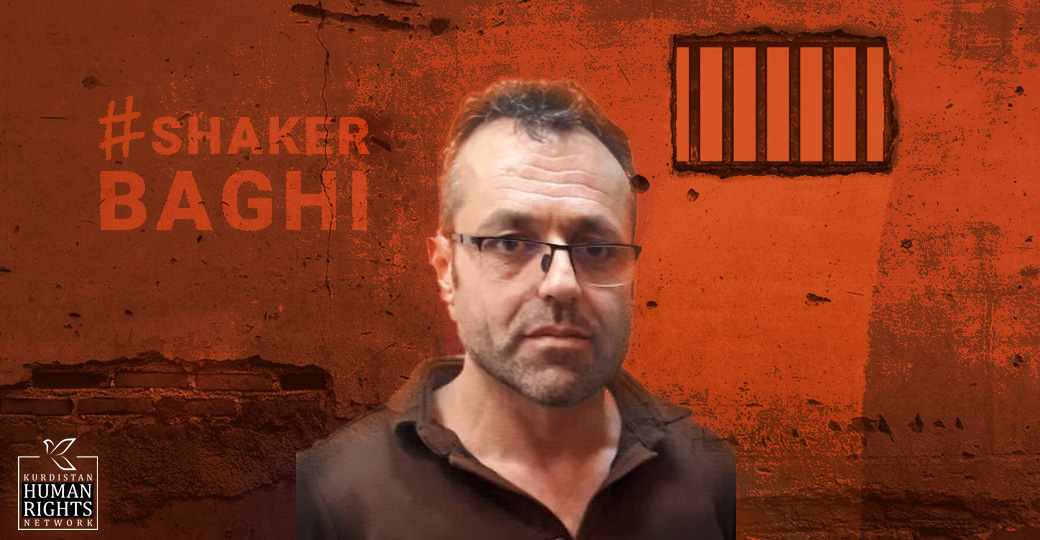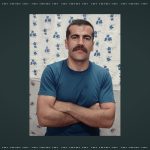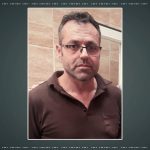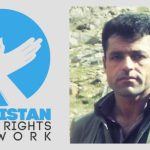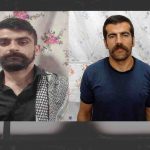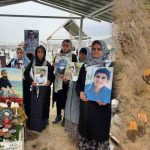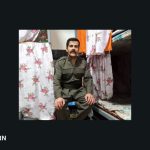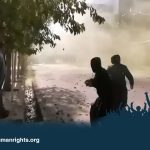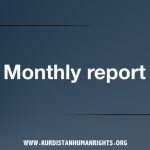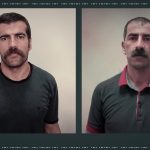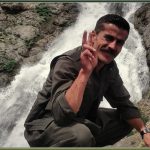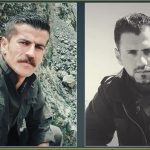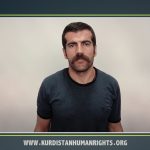Shaker Baghi is a Kurdish civilian from Van in the Kurdistan of Turkey who holds Turkish citizenship.
Arrest
Baghi was arrested on 10 March 2008 on the Sanandaj-Marivan road in Kurdistan Province by the forces of the Ministry of Intelligence of the Islamic Republic of Iran.
He was beaten by security officers during his arrest, to the extent that he fell unconscious due to multiple blows to his head.
Security forces took Baghi in an unconscious state to the detention centre of the Ministry of Intelligence in Sanandaj.
Baghi was tortured and interrogated for about four months in solitary confinement cells of the Ministry of Intelligence and the Intelligence Organisation of the Islamic Revolutionary Guard Corps (IRGC) in Sanandaj and Kermanshah, without the right to contact or meet with family and lawyer.
Judicial Process
Branch One of the Islamic Revolutionary Court of Sanandaj, presided over by Judge Hassan Babaei, sentenced Baghi to 30 years in prison and exile to Kashmar Prison in Razavi Khorasan Province on charges of “enmity against God” (moharebeh) through membership of the Kurdistan Free Life Party (PJAK).
Both Shakeri’s his lawyer and the Public Prosecutor of Sanandaj simultaneously objected to the decision. While the lawyer considered the sentence of 30 years in exile for his client very heavy, the prosecutor of Sanandaj was demanding an increase in the sentence. Eventually, the fourth branch of the Kurdistan Province Court of Appeals upheld the sentence.
Current Status
In August 2009, Baghi was transferred from Sanandaj Central Prison to Kashmar Prison, where he has been held in unsuitable conditions without observing the principle of segregation of crimes ever since.
Due to the tortures during detention and the harsh conditions of imprisonment, he has developed a nervous and mental illness and, according to specialist doctors, does not have the ability to endure imprisonment. However, due to the opposition of the Ministry of Intelligence, he is even deprived of the right to access specialised medical services and use leave.
Additional Information
– Baghi, along with 44 other Kurdish political prisoners in Iran’s prisons, went on a hunger strike on 4 December 2013, on the 40th day of the execution of two Kurdish political activists, Habibollah Golparipour and Esmaeil Mamadi.
– Baghi’s family has travelled several times from the city of Van in the Kurdistan of Turkey to the city of Kashmar in Razavi Khorasan Province to meet him, but due to the opposition of the Ministry of Intelligence in Sanandaj and the officials of Kashmar Prison, they have not been able to meet him. Only once, on 14 December 2015 and by the order of the judge of the Islamic Revolutionary Court of Sanandaj, the family managed to have a one-and-a-half-hour meeting with him. This is while, according to the letter of the Islamic Revolutionary Court of Sanandaj, considering the distance and difficulty of the family’s return trip to Iran, the time of the meeting was supposed to be three hours. In this meeting, Baghi’s 90-year-old father, who had barely made it from Van to Kashmar due to old age, was able to meet his son after 20 years of separation due to his political activities in Iraqi Kurdistan and then being imprisoned in Iran’s prisons.
– On 5 January 2019, Baghi and 16 other Kurdish political prisoners in Iran’s prisons (Zeynab Jalalian, Ali Ahmad Soleyman, Yousef Kakamami, Hamid Rahimi, Ali Yeganeh, Touraj Esmaeili, Mohammad Khaledzadeh, Rahim Mahmoudi, Ebrahim Eisapour, Kamran Darvishi, Ahmad Tamoui, Kamran Jafari, Bashir Pirmavaneh, Kamal Hassan Ramazan, Hassan Hassanzadeh and Mostafa Sabzi) went on a hunger strike for one day. This symbolic strike took place in solidarity with Leyla Guven, a member of the Turkish parliament from the pro-Kurdish Peoples’ Democratic Party (HDP), and 91 political prisoners in Turkey’s prisons who had gone on a hunger strike in protest at the isolation imposed on the imprisoned leader of the Kurdistan Workers’ Party (PKK), Abdullah Ocalan, in Imrali Prison.
– Once again, on 1 April 2019, Baghi, along with 16 other Kurdish political prisoners in Iran (Zeynab Jalalian, Yousef Kakamami, Ali Ahmad Soleyman, Ali Yeganeh, Bashir Pirmavaneh, Mostafa Sabzi, Touraj Esmaeili, Kamal Hassan Ramazan, Ebrahim Eisapour, Mohammad (Esmat) Salahshour, Ahmad Tamoui, Hamid Rahimi, Rahim Mahmoudi, Peyman Mirzazadeh, Kamran Darvishi and Aydin Ozcelik) went on a three-day hunger strike in support of Leyla Guven and thousands of political prisoners in Turkish prisons.
– Baghi, from the time of his arrest until now, has only once been sent on medical leave by posting a 20 billion rials (nearly 40,000 USD) bail on 24 January 2022 after enduring fourteen years of imprisonment. During his one-month leave, he was denied the right to leave Iran to visit his family in the Kurdistan of Turkey and receive medical treatment in his hometown.
Notes:
1. Article 279 of the Islamic Penal Code: “Moharebeh (enmity against God) is defined as drawing a weapon with the intention of killing, stealing from, or intimidating people in a way that causes insecurity in the environment.” According to Article 282 of the Islamic Penal Code, “if a person commits the crime of moharebeh, they will be sentenced to crucifixion, execution, amputation of the right hand and left foot, or exile, at the discretion of the judge.”
2. The Kurdistan Free Life Party (PJAK) was established in 2004 in the Qandil Mountains along the border of Iraqi Kurdistan with Iranian Kurdistan. This party follows the ideas of Abdullah Öcalan, the imprisoned leader of the Kurdistan Workers’ Party (PKK), and bases its activities on the paradigm of a “democratic and ecological society based on women’s freedom”.
According to the party’s charter, PJAK considers the establishment of democratic confederalism and a political form of democratic self-governance for organising people to build a “democratic nation” as one of its fundamental goals. PJAK also participated in the establishment of the East Kurdistan Democratic and Free Society (KODAR). The headquarters of this party is in the mountainous areas between Iraqi Kurdistan and Iranian Kurdistan.

